Third Way Institute: Grantee Spotlight
Overview
The Giving Green Fund plans to award a grant to Third Way Institute to support its policy research and education related to US-based clean technology innovation. Third Way Institute is a think tank that researches and educates on center-left ideas across a number of policy areas. We focus on Third Way Institute’s Climate and Energy program.
Third Way Institute’s workstreams cut across a number of our promoted philanthropic strategies related to clean technology innovation, including nuclear, geothermal, industrial decarbonization, and carbon removal. Please see Giving Green’s philanthropic strategy reports for more information, including potential risks and co-benefits, recommended sub-strategies, theory of change, funding need, and key uncertainties.
Disclaimer
Last updated: April 2025
Giving Green believes that additional climate donations are likely to be most impactful when directed to our top nonprofits. For a number of reasons, we may choose to recommend grants to other organizations for work that we believe is at least as impactful as grants to our top recommendations. We are highlighting this grant to offer transparency to donors to the Giving Green Fund as well as to provide a resource for donors who are particularly interested in this impact strategy. This is a nonpartisan analysis (study or research) and is provided for educational purposes.
What is Third Way Institute?
Third Way Institute is a US-based nonprofit founded in 2005. Its Climate and Energy program’s mission is to research and educate the climate policy ecosystem on climate policies that rapidly deploy every clean energy technology needed to reach net-zero as quickly as possible and create economic opportunity across communities. To accomplish this, Third Way Institute uses its expertise and resources to build awareness within the policy community for research, development, demonstration and deployment of a wide range of clean energy solutions including advanced nuclear, carbon capture, renewables, hydropower, existing nuclear, energy storage, and efficiency. It engages and educates a wide variety of stakeholders including policymakers, NGOs, corporate leaders, and labor unions.
What are we funding at Third Way Institute and how could it help reduce greenhouse gas emissions?
We are funding Third Way Institute to continue its work on clean technology innovation. A major component of this work includes convening various organizations with a shared goal of accelerating the research, development, demonstration, and deployment of clean energy. This group includes representatives from industry, the research community, and civil society groups that span the ideological spectrum. Third Way Institute also conducts policy research and education related to promoting innovation and defending progress on clean energy technologies.
We think Third Way Institute’s activities could help reduce greenhouse gas emissions because early support for emerging technologies can potentially drive down their cost and accelerate their deployment worldwide, reducing emissions globally.
Why do we think Third Way Institute will use this funding well?
We think Third Way Institute will use this funding well based on its strong research, analysis and educational outreach efforts in support of clean energy technology broadly.
Its historic wins include:
- Championing the creation of the U.S. Department of Energy’s (DOE) Office for Clean Energy Demonstrations, and guiding the implementation of these new programs to maximize opportunity.
- Publishing a first-of-its-kind analysis on the Biden Administration’s Energy Earthshots, which assessed how achieving these cost reduction targets for 10 clean energy technologies would help reduce energy costs while also reducing emissions. It also briefed a wide variety of stakeholders on the importance of funding innovation to meet these goals.
- Leading efforts to defend and expand DOE’s Loan Programs Office (LPO) to provide additional financing opportunities to help commercialize new clean energy technologies, including reforms making financing tools more efficient, accessible, and appealing to potential borrowers.
We think that Third Way’s close working relationships with members of the policy community including NGOs, industry, labor, policymakers on both sides of the aisle, and the media will remain valuable under a Republican trifecta. Our grant is intended to help fill a funding gap in Third Way Institute’s innovation work. Our understanding is that without new funding for innovation, Third Way Institute may have to shift its focus to areas that are already fully funded.
Support Our Work
Giving Green Fund
One fund. Global impact. One hundred percent of your gift supports a portfolio of high-impact climate organizations, vetted by our research.
Best for:
Donors who want the simplest way to impact multiple climate solutions.
Top Climate Nonprofits
Meet the organizations on Giving Green’s list of high-impact nonprofits working to decarbonize our future, identified through our rigorous research.
Best for:
Donors who want to give directly and independently.
Support Our Work
We thoroughly research climate initiatives so you can give with confidence. For every $1 we receive, our work unlocks another $21 for effective climate solutions.
Best for:
Donors who want to amplify their impact through research.
.png)

.png)
.png)
.png)
.jpg)
.png)
.png)
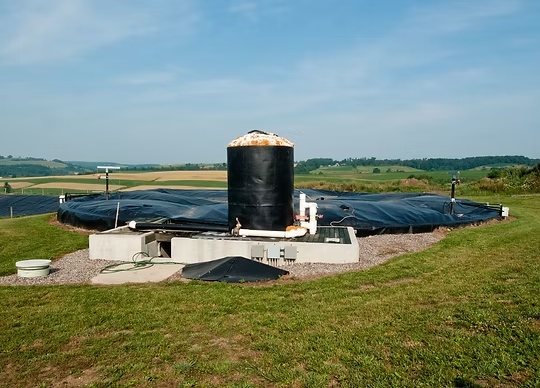


.png)


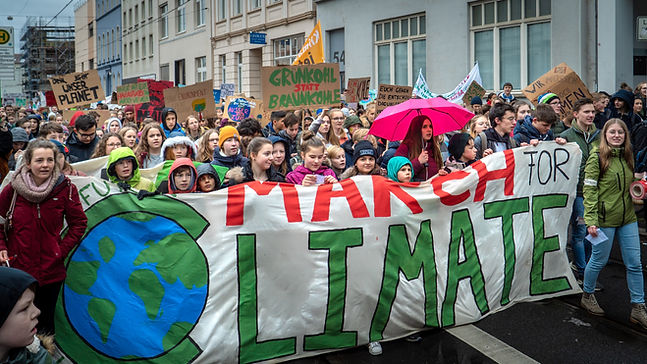

.png)


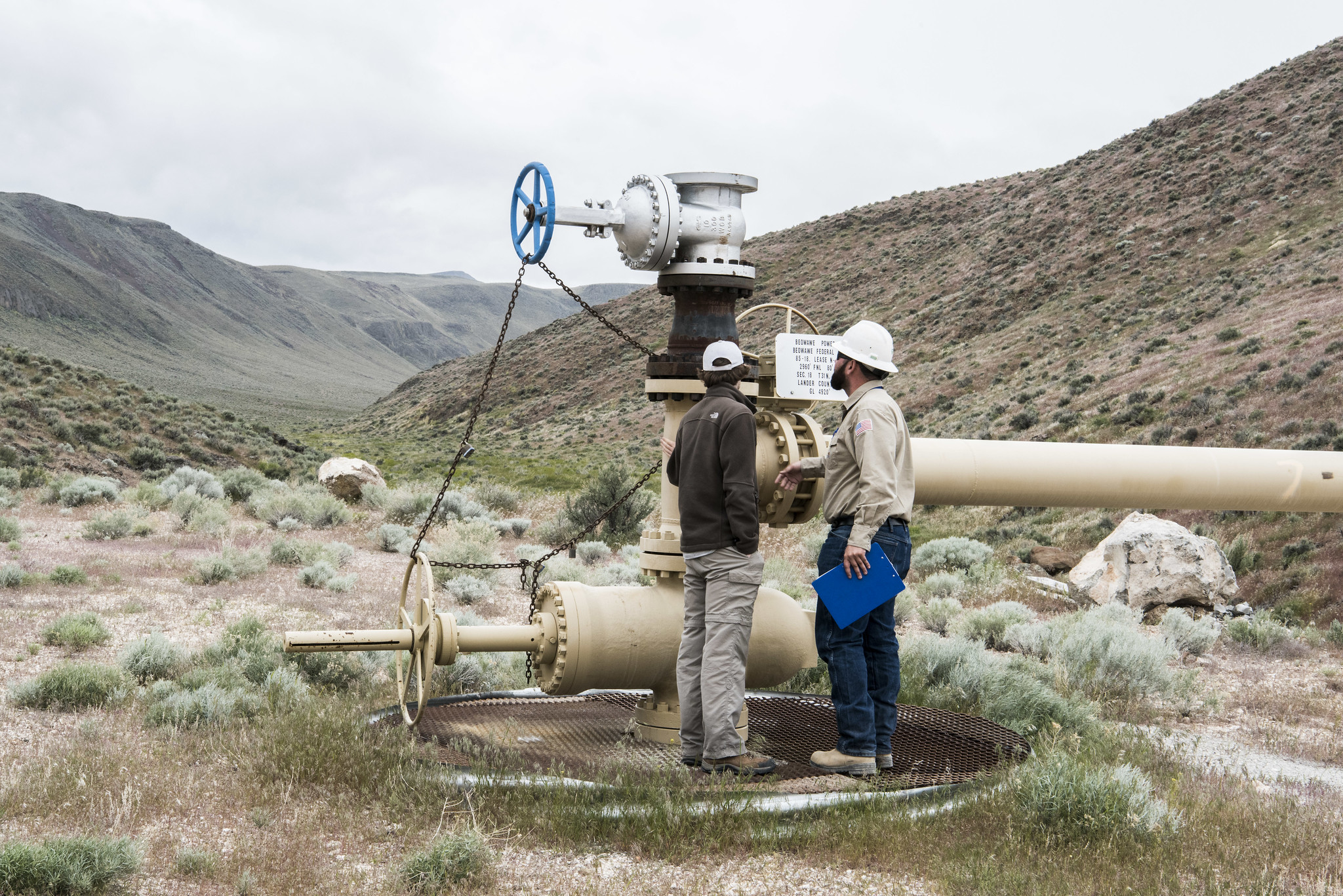
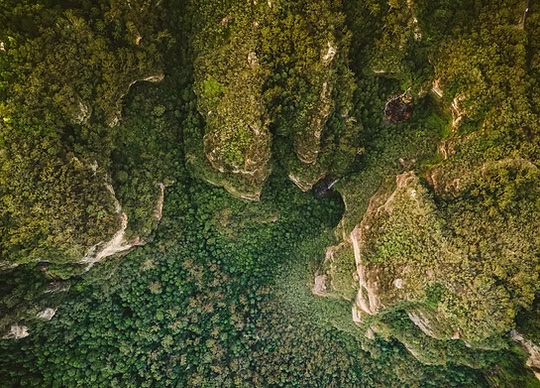
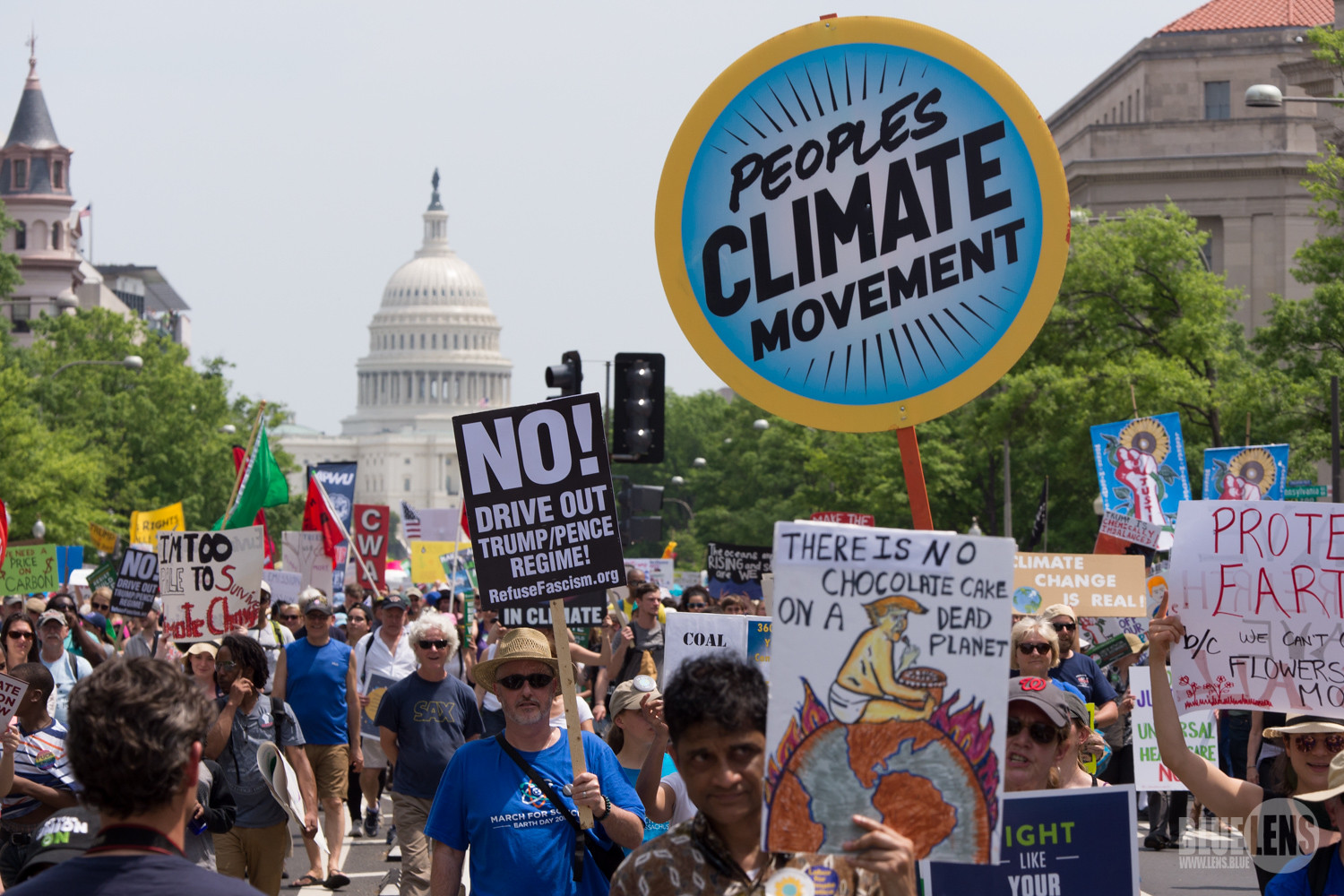
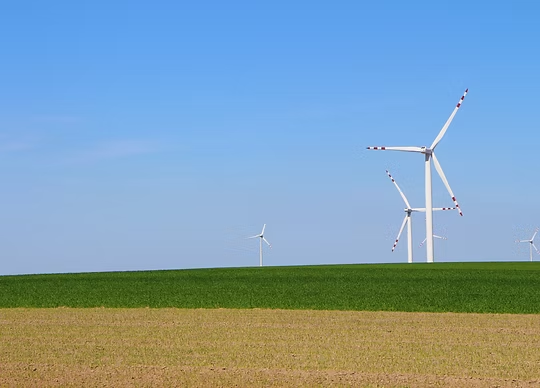


.png)


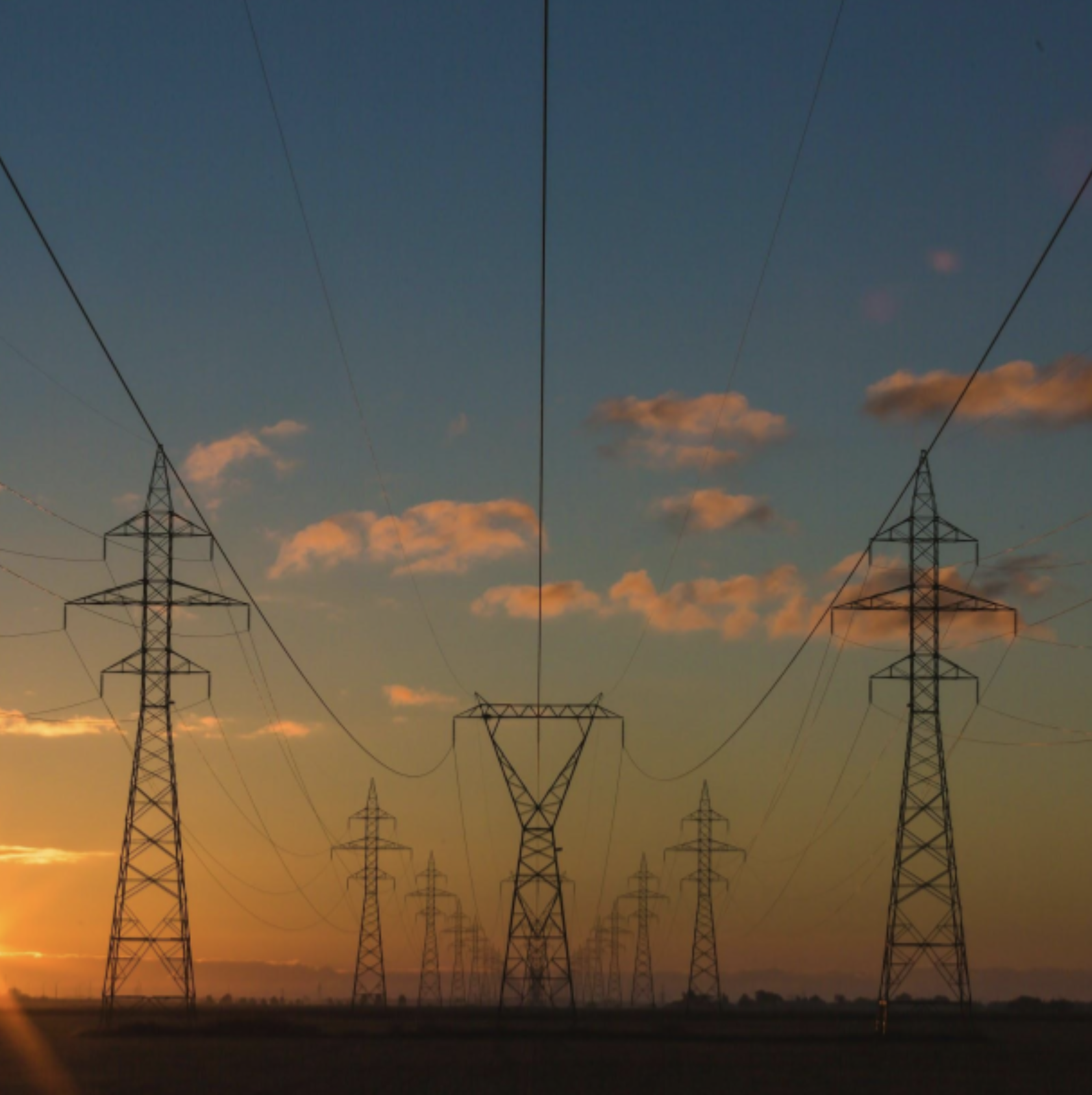
.png)






.png)
.png)
.png)
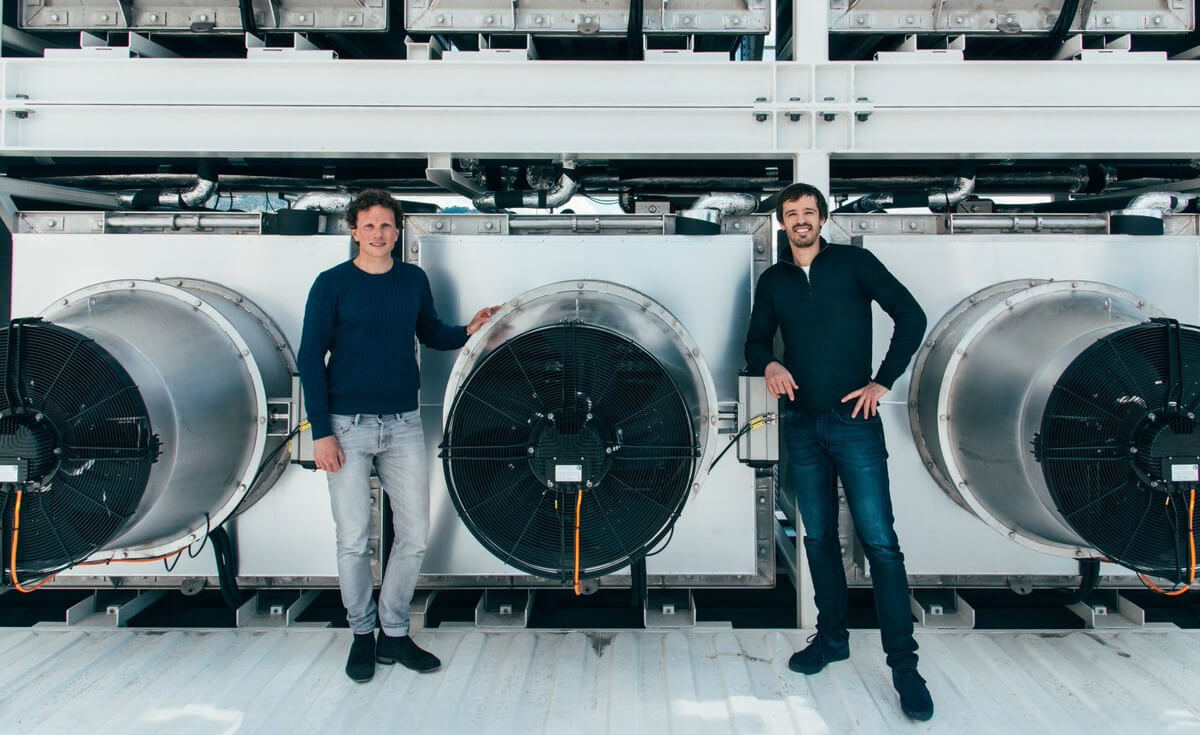
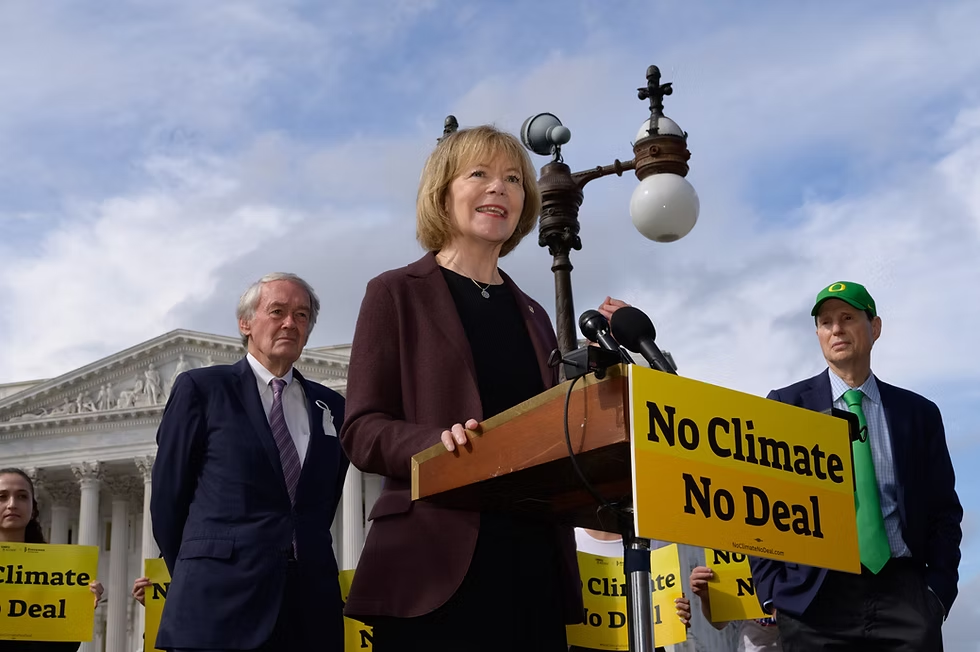

.png)



.png)
.png)
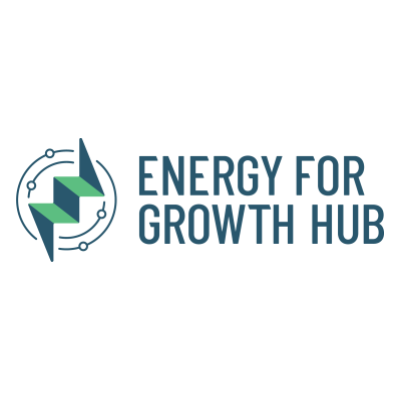
.png)
.png)
.png)
.png)
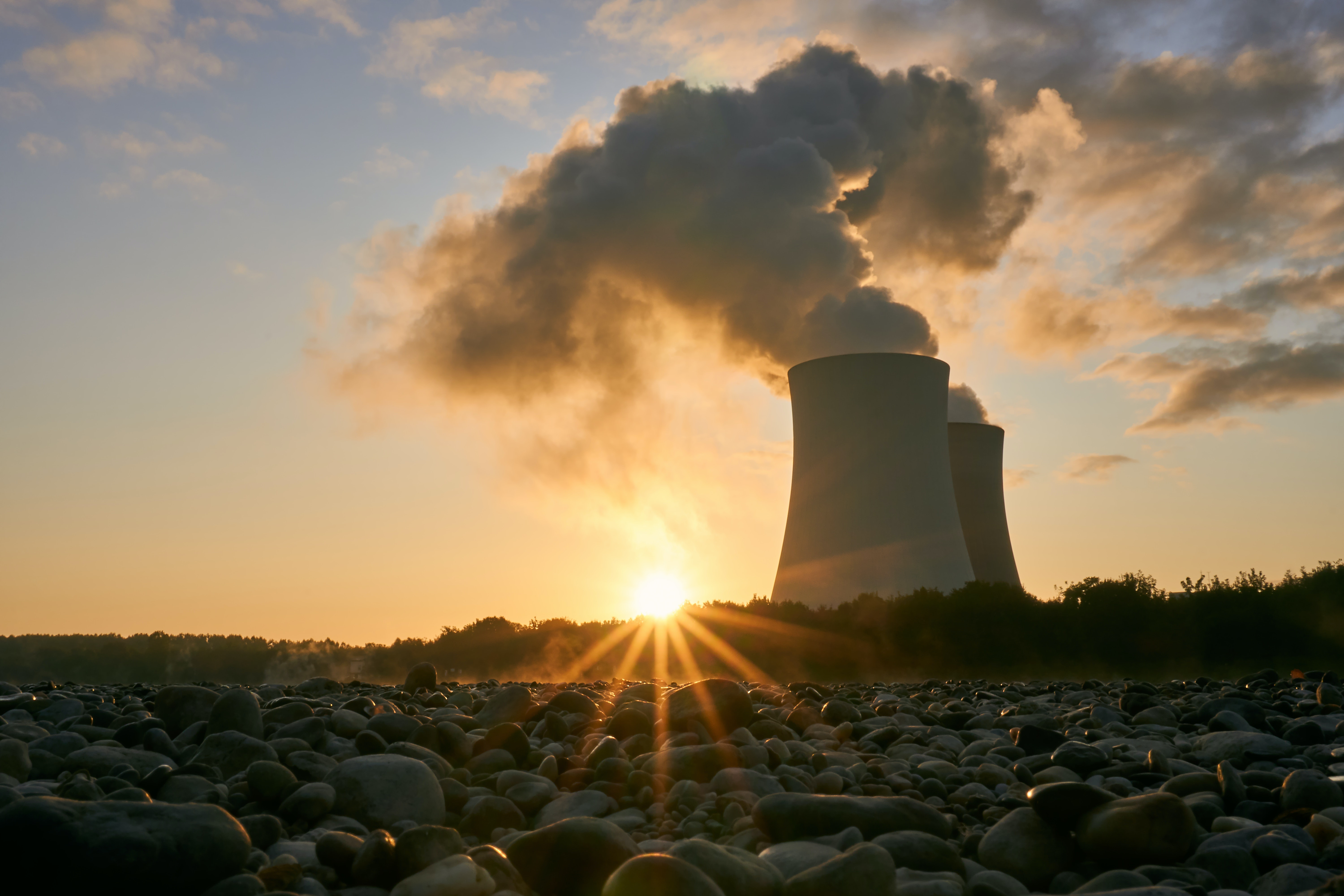
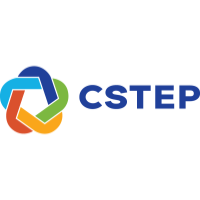

.png)
.png)



.png)

.png)


.png)
.png)
.png)

.png)
.png)

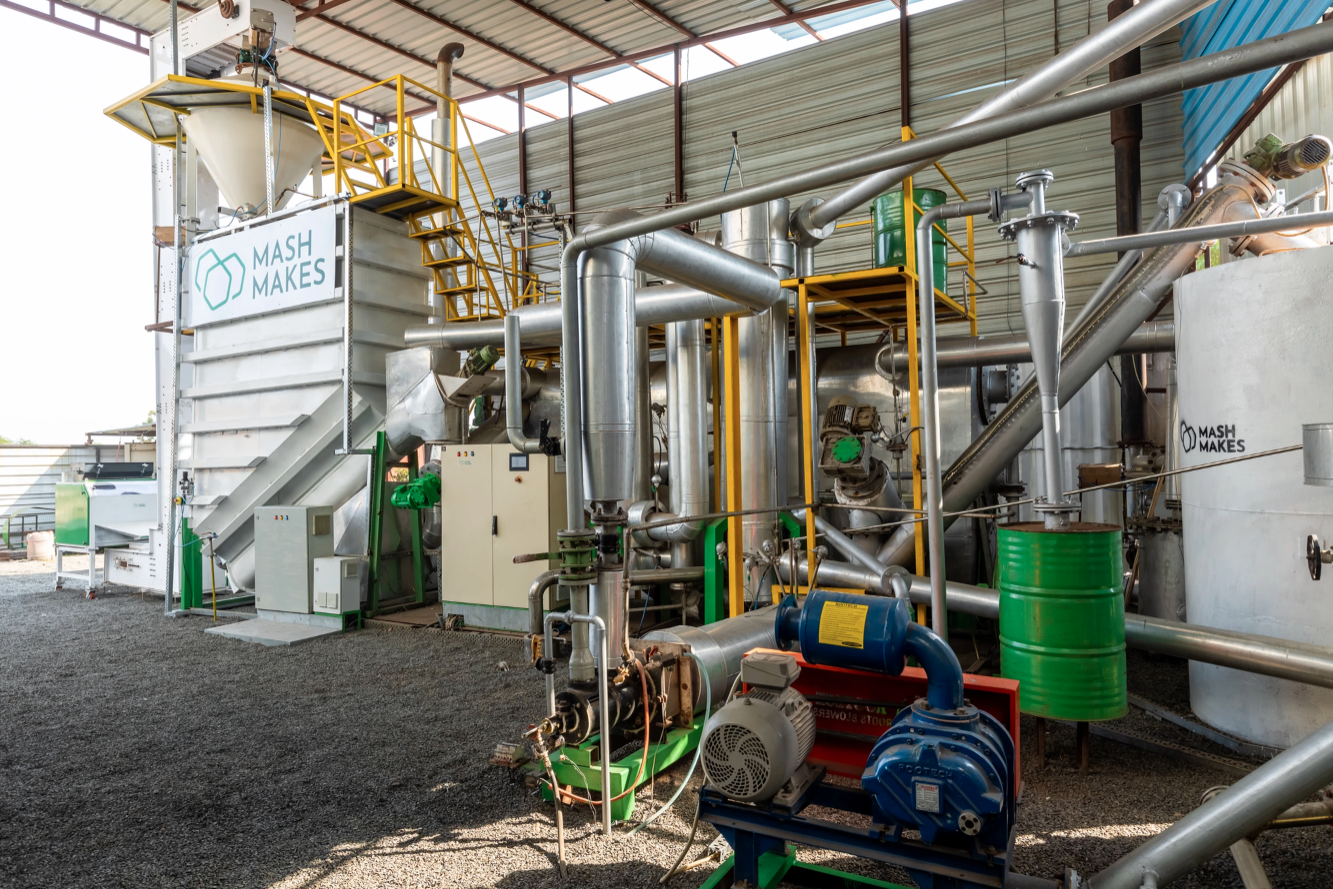

.png)


.png)



.png)

.png)
.png)
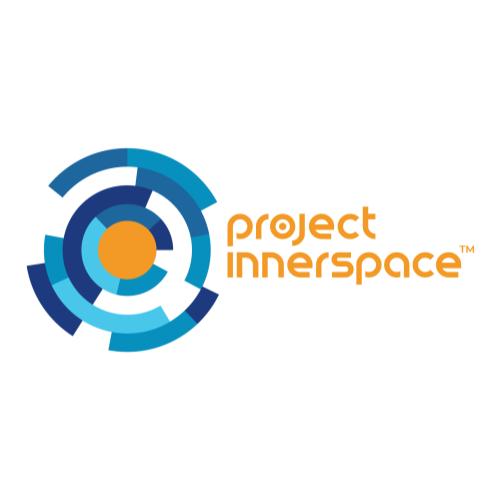


.png)

